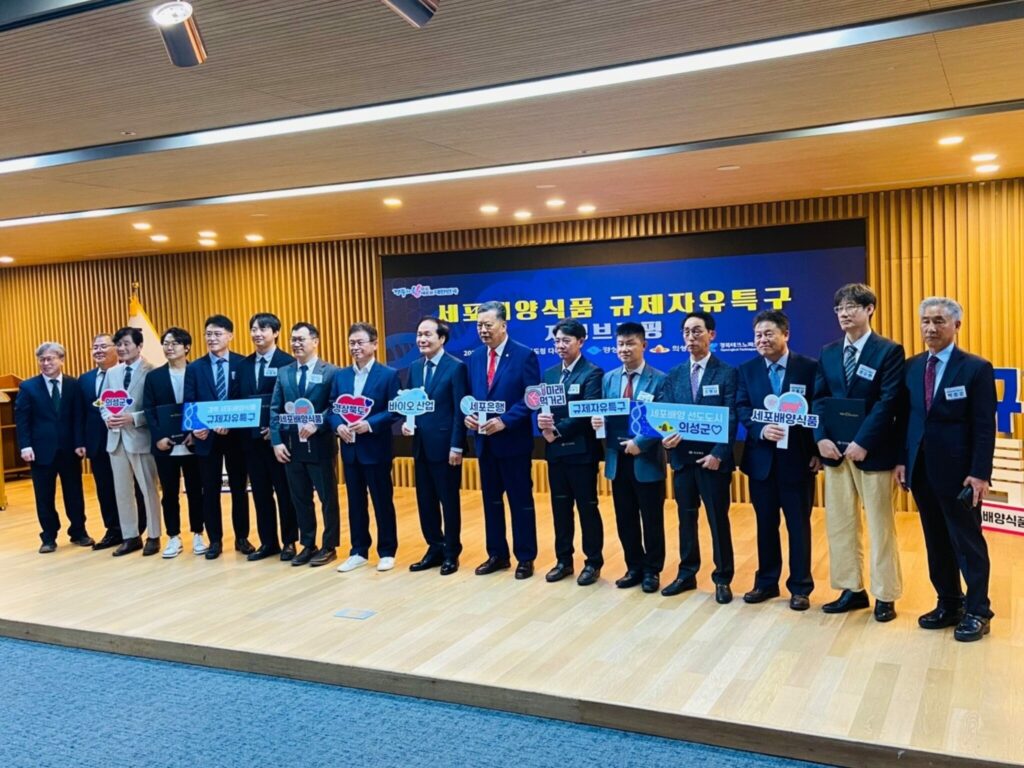
Image Credit: Green Queen
Every week we track the business, tech and investment trends in CPG, retail, restaurants, agriculture, cooking and health, so you don’t have to. Here are some of this week’s top headlines.
Foxtrot Market, once a promising venture, has abruptly ceased operations, filing for Chapter 7 Bankruptcy. The merger with Dom’s, intended to bolster its financial standing, instead proved detrimental. Meanwhile, in Luxembourg, Moolec achieved a significant milestone, gaining USDA approval for its innovative approach to producing pork proteins from bioengineered soybeans.
In other news, we’ve wrapped the first season of our podcast in partnership with AgFunder: New Food Order, a nuanced investigation into the business of tackling our climate and social crises through food and agriculture. Read all about why we launched the podcast, and be sure to subscribe and share!
Our newsletter takes a lot of time and resources to produce. Make a one time or monthly contribution to help us keep it going. Whether it’s $5 or $500, every bit helps and shows us that you value our work.
1. South Korea Inaugurates Regulation-Free Special Zone for Cultivated Meat Development – Green Queen
The South Korean government has created a special zone designed for the development of cultivated foods, which will exempt companies from certain regulatory hurdles to help them commercialize their products.
2. Foxtrot’s Ashes Still Burn – Snaxshot
6-figure unpaid invoices, employee lawsuits and an ambitious VC-fueled growth plan ultimately drove the company to the ground.
3. Foxtrot and Dom’s Face a Lawsuit While Former Vendors Scramble for Solutions – Eater
A local coffee maker Kyoto Black — without warning — is left without its biggest wholesale customer.
4. Walmart Takes On Trendy Trader Joe’s with Its Largest Private Food Brand in 20 Years – Fast Company
The retail giant’s fresh attempt to compete in the upper-scale grocery space will include products such pistachio nut butter and plant-based mozzarella.
5. Half-a-Billion Credit Crunch – Snaxshot
Andrea Hernandez talked to various brands about their experiences with Ampla, shedding light on the murky waters of high-interest lending in the CPG industry, where dependency on early money can lead to risky dependencies and potential collapses.
6. Ozempic Is Coming for the Alcohol and Tobacco Industries Next – Quartz
A new survey finds that people taking weight loss medications are giving up their vices.
7. We Asked: “How Did You Fund Your Restaurant?” – Eater
Owners share tips on SBA loans, regulation crowdfunding and creative saving.
8. Rethinking Innovation – A Growing Culture
Our society must shift from viewing technological innovation as inherently good or bad to understanding its political implications, advocating for decentralized, diversified and distributive processes to ensure equitable outcomes.





